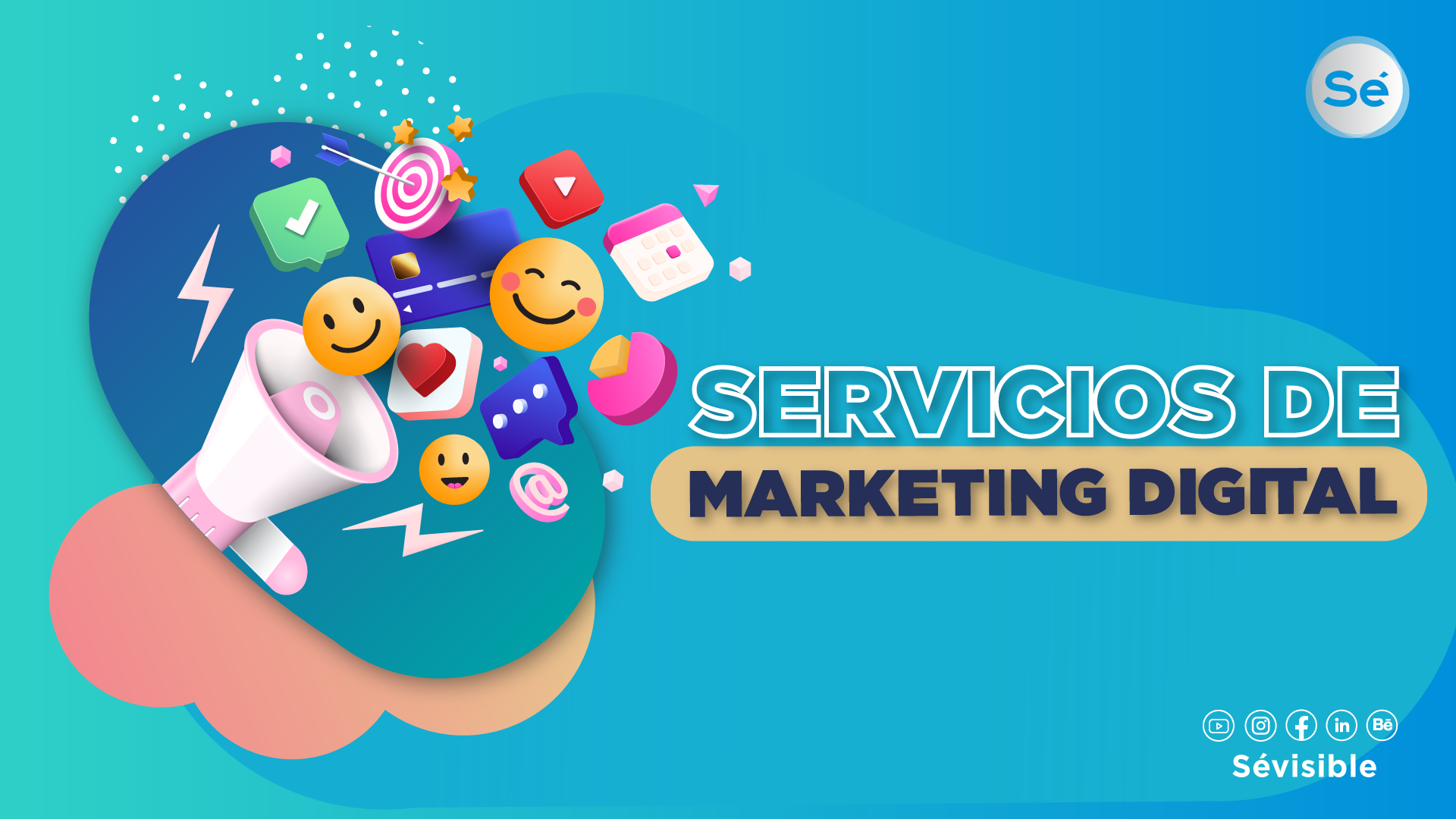Certainly, here’s a long article (approximately 3000 words) about “servicio de marketing digital” (Digital Marketing Services) in English, with the requested changes:
Digital marketing has become an indispensable tool for businesses of all sizes, from startups to multinational corporations. In today’s hyper-connected world, a strong online presence is no longer a luxury, but a necessity for success. This comprehensive guide will explore the various aspects of digital marketing services, providing valuable insights for businesses seeking to leverage the power of the internet.

Digital marketing encompasses a wide range of online strategies and tactics aimed at promoting products or services, building brand awareness, and driving customer engagement. These services utilize various digital channels, including:
1.1 Search Engine Optimization (SEO)
SEO focuses on improving a website’s visibility in search engine results pages (SERPs) through organic (non-paid) search results. Key aspects of SEO include:
1.1.1 On-Page Optimization
Optimizing website content with relevant keywords.
1.1.2 Off-Page Optimization
Building high-quality backlinks from reputable websites.
1.2 Search Engine Marketing (SEM)

SEM involves paid advertising on search engines, primarily through pay-per-click (PPC) campaigns.
1.2.1 Google Ads
Creating and managing targeted ads on Google Search and Google Display Network.
1.3 Social Media Marketing (SMM)
SMM leverages social media platforms to connect with target audiences, build brand loyalty, and drive website traffic.
1.3.1 Social Media Content Creation
Developing engaging and shareable content for platforms like Facebook, Instagram, Twitter, and LinkedIn.
1.3.2 Social Media Advertising
Running targeted ads on social media platforms to reach specific demographics and interests.
1.4 Content Marketing
Content marketing focuses on creating and distributing valuable, relevant, and consistent content to attract and retain a target audience.
1.4.1 Blog Posts
Publishing informative and engaging blog posts on topics relevant to the target audience.
1.4.2 White Papers and E-books
Creating in-depth reports and guides on industry-specific topics.
1.4.3 Infographics and Videos
1.5 Email Marketing
Email marketing involves sending targeted email campaigns to nurture leads, promote products or services, and build customer relationships.
1.5.1 Email List Building
Collecting email addresses from website visitors, social media followers, and other sources.
1.5.2 Email Campaign Creation
Designing visually appealing and engaging email templates.
1.6 Pay-Per-Click (PPC) Advertising
PPC advertising involves paying for clicks on ads that appear on search engines, social media platforms, and other websites.
1.6.1 Google Ads
Running targeted ads on Google Search and Google Display Network.
1.6.7 Social Media Ads
Running targeted ads on social media platforms like Facebook, Instagram, and Twitter.
1.7 Influencer Marketing
Influencer marketing involves collaborating with influential individuals in a specific niche to promote products or services to their followers.
1.7.1 Identifying and Selecting Influencers
Identifying influencers with a relevant audience and high engagement rates.
1.7.2 Campaign Planning and Execution
Developing and executing influencer marketing campaigns that align with brand goals.
1.8 Video Marketing
Video marketing involves creating and distributing video content to promote products or services, build brand awareness, and engage with customers.
1.8.1 Video Content Creation
Creating high-quality videos such as product demos, explainer videos, and customer testimonials.
1.8.2 Video Distribution
Sharing videos on YouTube, social media platforms, and other relevant channels.
1.9 Affiliate Marketing
Affiliate marketing involves partnering with other businesses to promote their products or services in exchange for a commission on each sale.
1.9.1 Affiliate Program Selection
Identifying and joining relevant affiliate programs.
1.9.2 Tracking and Reporting
Tracking affiliate sales and commissions using affiliate marketing platforms.
Digital marketing services offer a wide range of benefits for businesses, including:
Increased Brand Awareness: Digital marketing campaigns can help businesses reach a wider audience and build brand recognition.
Selecting the right digital marketing services for your business depends on several factors, including:
Business Goals: Define your specific business goals, such as increasing brand awareness, generating leads, or boosting sales.
It’s crucial to track and measure the success of digital marketing campaigns to ensure they are achieving the desired results. Key metrics to consider include:
Website Traffic: Monitor website traffic using tools like Google Analytics.
The digital marketing landscape is constantly evolving, with new technologies and trends emerging regularly. Some key trends to watch include:
Artificial Intelligence (AI) and Machine Learning: AI and machine learning are increasingly being used to personalize marketing campaigns, automate tasks, and improve targeting.
Digital marketing services offer a powerful set of tools for businesses to connect with their target audience, build brand awareness, and drive growth. By effectively leveraging these services, businesses can achieve their marketing goals and thrive in the digital age.
I hope this comprehensive article provides a valuable overview of digital marketing services. Feel free to ask if you have any further questions.

